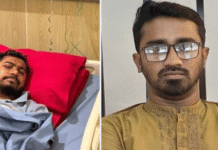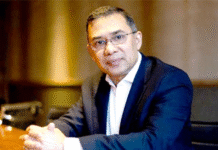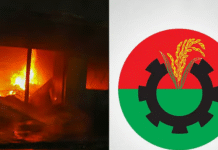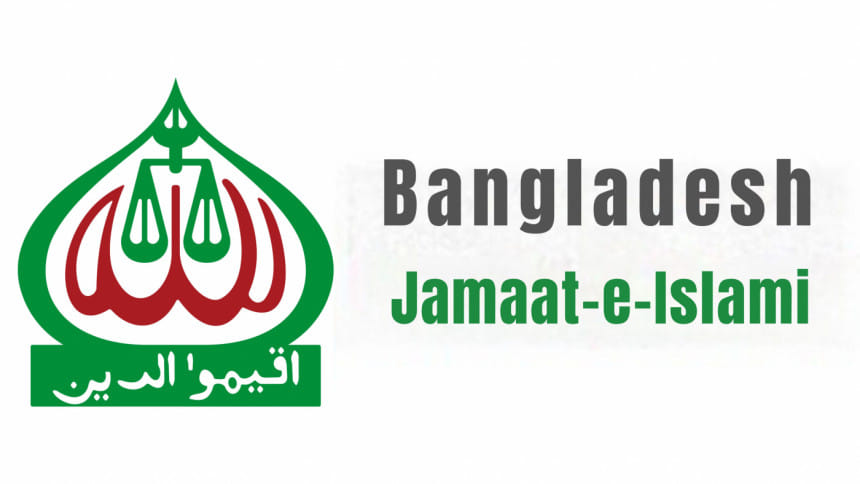
The vacuum in the wake of the Awami League’s departure from the political arena and the BNP’s impending reemergence as number one are leading other parties to peel away from these major players and seek to make their own spheres of alliance.
After 15 years of absolute domination by the AL, political parties are now considering alternative scenarios leading up to the next elections.
The uprising that toppled the Hasina-led government on August 5, also appears to have cracked the decades old BNP and Jamaat-e-Islami alliance.
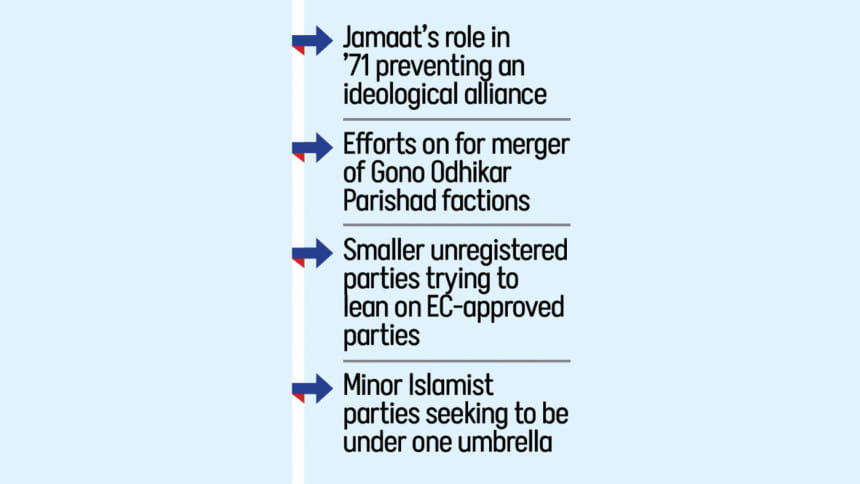
The Jamaat is attempting to rally all Islamist parties under one umbrella.
The move came at a time when BNP and Jamaat leaders have differed in private and in public on various issues, including reforms and when the polls should be held. The taunts and barbs leave little room for doubt that the 33-year-old relationship has soured after the fall of the Hasina-led government.
The largest Islamist party of Bangladesh is accused of perpetrating war crimes during Bangladesh’s Liberation War and has been relentlessly hounded over the last 15 years.
In fact, its role in providing a strong platform of quislings during the Liberation War is one of the bones of contention among Islamist political outfits. Another point of difference is regarding Jamaat’s stance on certain Islamic principles, which the party has been repeatedly asked to clarify.
Jamaat’s initiatives for the greater Islamist alliance are stalled due to these two questions, according to sources.
Although insiders all but rule out the possibility of an ideological alliance, they concede a strong possibility for a grand Islamist electoral alliance.
Not to be outdone, the smaller parties are also seeking out likely allies or partners, while split parties are working to mend their differences and resurface stronger to pose as a significant factor in the electoral political dynamics that would increase their chances of negotiating for constituencies.
As the BNP is considering a “go alone” policy for participating the election, Jamaat is trying to emerge as a big political force with the help of likeminded and other Islamists parties to counter its former ally, the BNP, sources said.
On August 18, Jamaat invited all Islamist parties at the city’s Al-Falah auditorium in Moghbazar where Jamaat ameer Shafiqur Rahman called upon chiefs of the parties to participate in the election from one platform, meeting sources said.
Top leaders of Khelafat Andolon, Jomiat-e-Ulamaye Islam, Islami Oikya Jote, Islami Andolon Bangladesh, Nejam-e-Islami, Bangladesh Khelafat Majlish were present at the meeting.
Abul Kashem Kashemi, nayeb-e-ameer of Bangladesh Khelafat Andolon, told The Daily Star that the Jamaat ameer said the parties should have one vote bank.
However, Hamidur Rahman Azad, assistant secretary general of Jamaat, told The Daily Star that it was too early to talk about forming an electoral alliance as polls were a long way down the road.
“When the election comes, we will consider formation of a greater unity with like-minded Islamist parties. But we have communication with all political parties for the greater interest of the country.”
On September 21, another meeting was held at the Jatrabari Madrasa organised by Mahmudul Hasan, chairman of the largest Qawmi madrasa education board in Bangladesh, Befaq.
“In the meeting, leaders of different Islamist parties discussed how to be on one platform ahead of the national election,” Kashemi told The Daily Star.
“The process has started so that the Islamist parties can unite on one platform to participate in the election,” he added. He, however, said the method of unification was yet to be finalised.
According to sources, Islami Andolan Bangladesh, which appeared as a large Islamist party after getting over 1 percent of the total votes cast in 2008 and 2018 polls, has reservations over cozying up with Jamaat.
Party leaders think Jamaat’s role in 1971 and the party’s differences in some basic Islamic values are barriers to an ideological alliance.
They, however, said there might be an electoral alliance after the polls schedule is announced.
Smaller parties that have no registration with the Election Commission are also trying to lean on parties that are registered.
Gono Odhikar Parishad, a party formed by former Dhaka University Central Students Union (Ducsu) VP Nurul Haque Nur, got registration on September 2.
Some smaller parties are in talks with the party leaders for taking part in the election with Gono Odhikar Parishad’s electoral symbol, said Rashed Khan, general secretary of the party.
The party’s other faction, led by Reza Kibria, is also trying to reunite, Rashed added.
Gonoforum that split in two in December 2021 has reunited in August this year under the leadership of Dr Kamal Hossain, said Shubrata Chowdhury, a top leader of the erstwhile Mostafa Mohsin Montu-led faction of the party.
Apart from this, smaller Islamist parties, including Jomiat-e-Ulamaye Islam, Bangladesh Khelafat Majlish, Khelafat Majlish and Nejam-e-Islam, has agreed to get on one platform, Khelafat Majlish Joint Secretary General Ataullah Amin told The Daily Star.
“The process is on to bring more Islamist parties, including Islami Oikya Jote, Islami Andolon Bangladesh and Jamaat, on board,” he added.
Mohiuddin Rabbani, joint secretary general of Hefajat-e Islam said Hefajat will extend its support to the greater coalition of Islamist parties.
Daily Star

